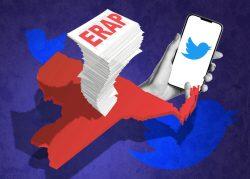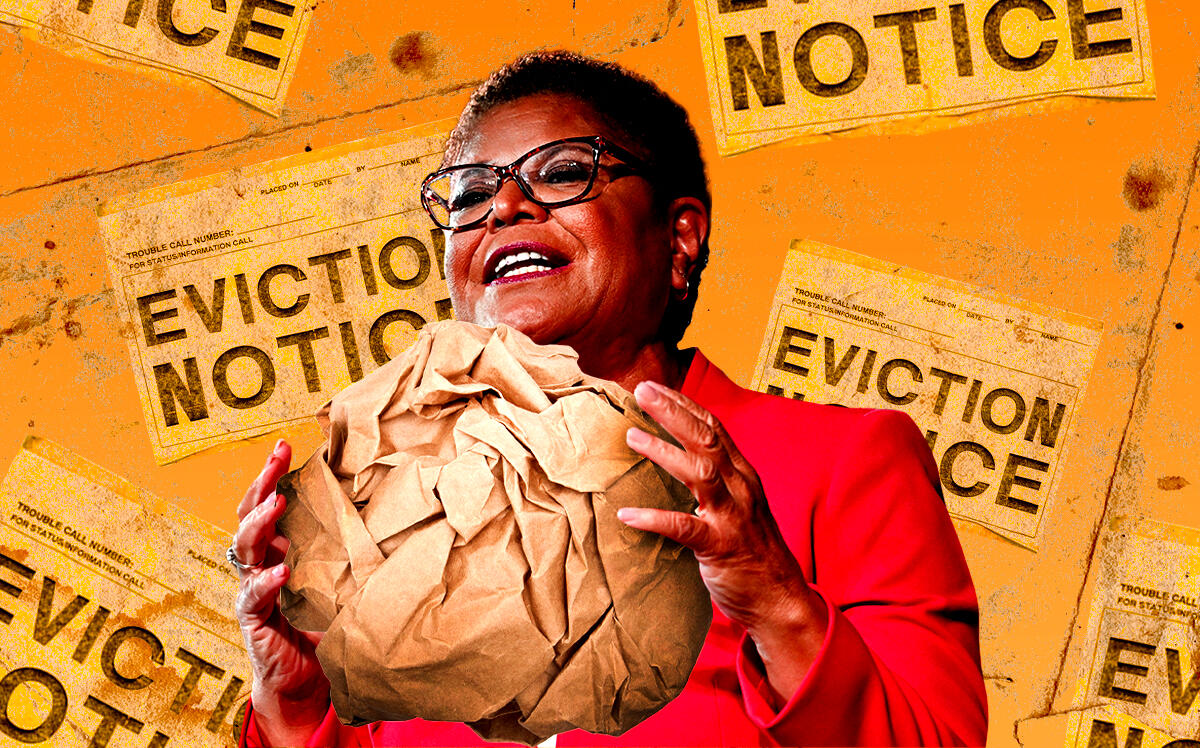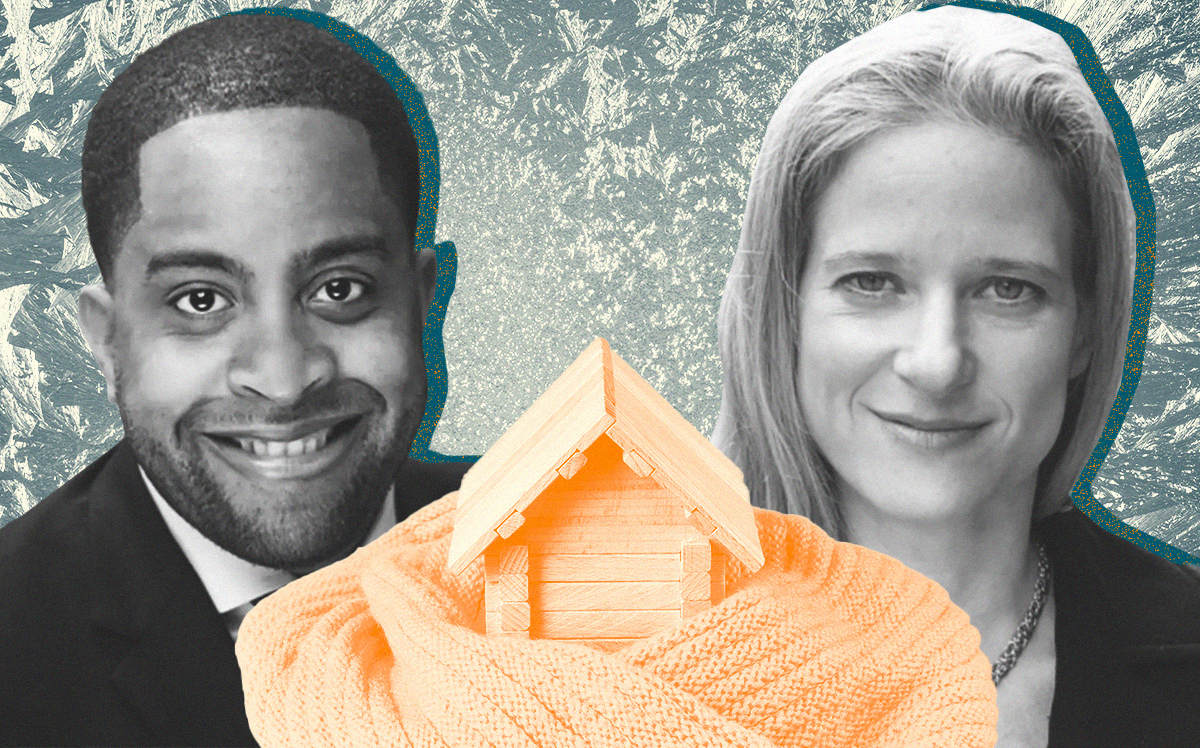Evictions remain below pre-pandemic levels 13 months after New York’s eviction ban lapsed, but some state lawmakers want to bring a moratorium back.
Legislation introduced last month would forbid sheriffs and marshals from executing eviction warrants between Nov. 1 and April 15 each year.
It would also boost the fines fivefold for any landlord who tries to illegally evict a tenant through harassment or a lockout during that period. The minimum penalty would jump to $5,000 from $1,000, and the maximum to $50,000 from $10,000.
Bill sponsors Sen. Zellnor Myrie of Brooklyn and Assembly member Anna Kelles of Ithaca touted it as a homelessness prevention measure during the colder months when eviction “can be a death sentence,” states a pamphlet by the Right to Counsel coalition, which backs the measure.
But landlords will undoubtedly see the bill as a get-out-of-rent-free card, good for six months.
New York’s pandemic eviction moratorium, which lasted nearly two years, helped tenants who lost work and couldn’t make rent. It also incentivized nonpayment, including by people of means and those looking to game the system.
Countless landlords claimed tenants abused the protections to skip out on rent despite holding down jobs and getting thousands of dollars in stimulus money from the federal government.
The New York City Housing Authority said last month that it was on the brink of “disaster” after receiving just 65 percent of the rent it charged over the previous year.
“The eviction moratorium kind of served as a protection in the minds of some that they would not be evicted, and therefore they would not pay their rent,” Tim Kaiser, executive director of the Public Housing Authorities Directors Association, told the New York Times.
Landlords can obtain judgments for rent arrears from tenants evicted for nonpayment, but rarely do because of the time and expense involved, and the difficulty of collecting. The downside for tenants is they could end up on a “blacklist” and have trouble renting another place.
“Most landlords will not rent to you if you have ever been in housing court,” a New York State Bar Association publication warns.
A half-year moratorium could also further strain the understaffed and backlogged housing courts if it led to more tenants not paying. Under the bill, landlords could still file eviction cases year-round.
Filings last year were about a quarter below the number in 2019. But landlords say delays in housing court have made the maxim “justice delayed is justice denied” a reality for too many.
“When they lifted the moratorium, it was like, ‘Yeah, we can have due process in the court system,’” said a Staten Island landlord and attorney who asked that her name be withheld for fear of retribution. “But what’s the point of having the courts open if the motions might not be decided for another year or so?”
Most state bills do not become law. In 2021, New York state legislators introduced 16,818 — the most of any state — but passed only 14 percent of them, despite Democrats’ controlling both houses and the governorship.
Read more



